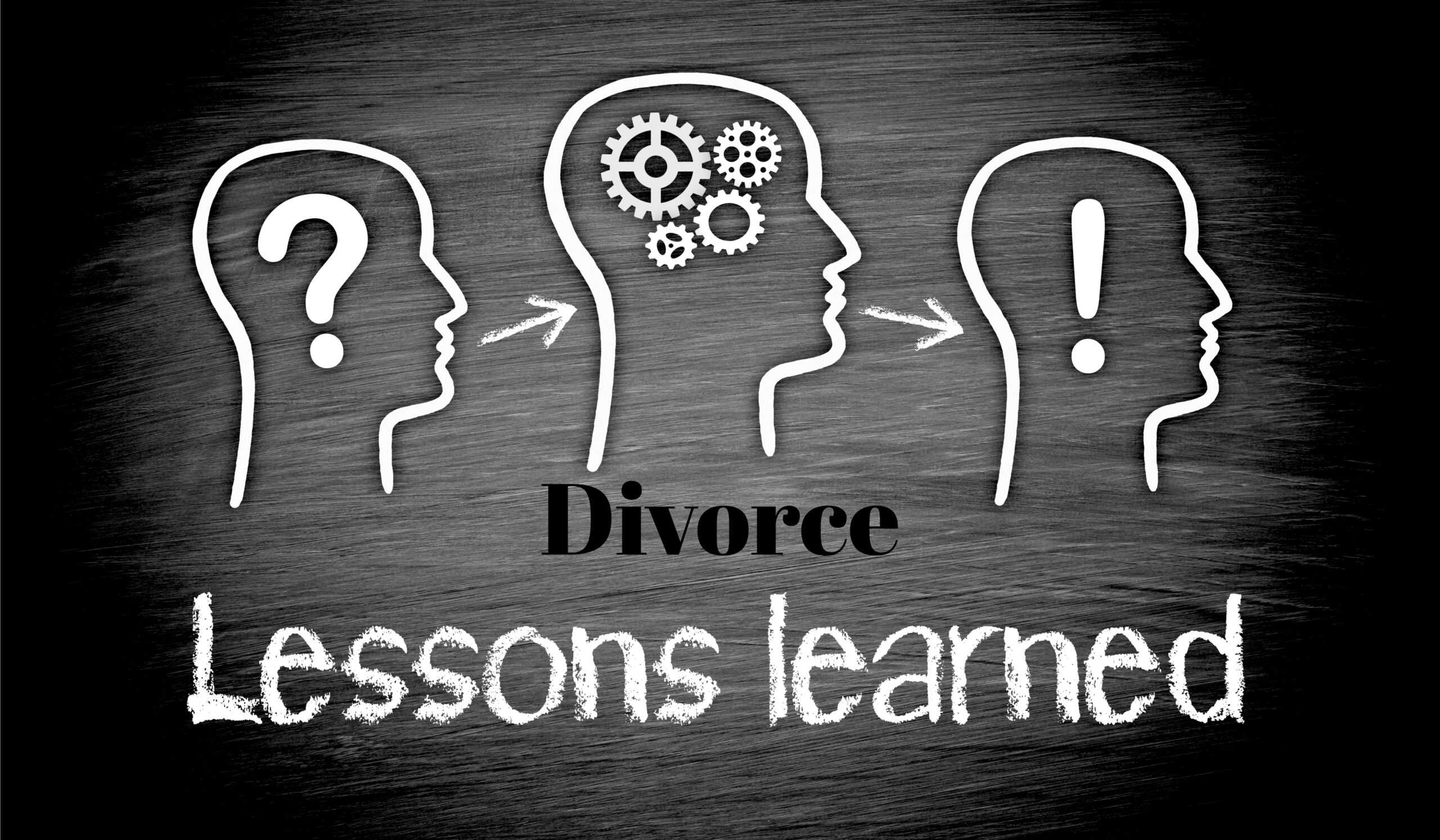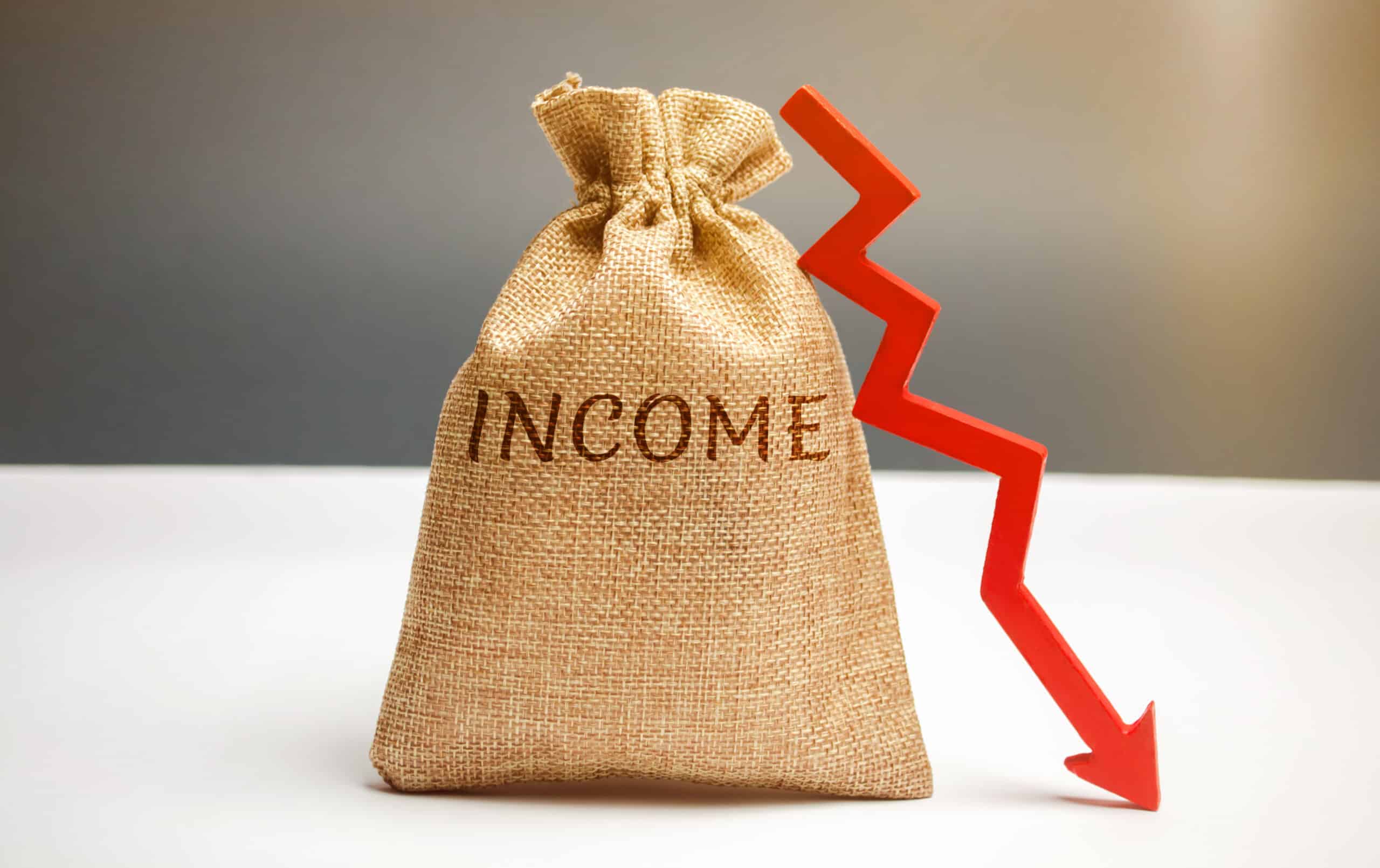It’s a question that lingers in the mind of anyone transitioning through the tough landscape of divorce: What is a fair divorce settlement?
This is a question that I am asked more and more often by a husband or wife during Collaborative divorce consultations. I see this as progress.
In the Collaborative divorce setting, fair is exactly what we are seeking.
We work hard to help both spouses understand the complete financial picture of their marriage. Next, we educate each spouse on current divorce law in Florida, and how it applies to their marriage.
Thereafter, we help both spouses develop financial options that will accomplish their goals in divorce. This step allows us to use the custom financial picture that we developed for their family, and the law, and the customized solutions that each spouse brings to the table.
We then move forward to determine the best available options and outcomes for both spouses, and for the entire family.
In Collaborative divorce, your gain does not equal your spouse’s loss.
This is how we build a “Fair” divorce settlement that is tailored to the family that we are helping.
But how exactly do we determine what’s ‘fair’ in a divorce settlement? At Mindful Divorce PA, we believe that a fair divorce settlement is one that respects your rights, preserves your dignity, and allows you to start building a future with a clean slate.
Fundamentally, a fair divorce settlement is one that considers and balances the financial circumstances and needs of both individuals, while also considering the welfare of any children involved. It takes into account individual contributions to the marriage, from financial to homemaking, child-rearing, and other non-monetary aspects.
Consider this scenario: One spouse has been the primary breadwinner, while the other invested time in raising the children and managing the household. In this case, a fair settlement would recognize and validate both contributions. The settlement may provide the financially dependent spouse with some form of financial support for a set period of time, ensuring that both parties can maintain a reasonable standard of living post-divorce.
When children are involved, a fair settlement must prioritize their well-being above all else. It should ensure they maintain a strong bond with both parents, whenever possible, and continue to live in a stabilizing environment that supports their physical, emotional, and academic growth.
Now let’s talk assets. Marital assets typically refer to properties acquired during the marriage, regardless of who bought them or whose name is on the title. These may include homes, cars, investments, retirement plans, businesses, and more. A fair divorce settlement distributes these equitably between both spouses, taking into account each person’s financial stability and income potential.
While an equitable split may seem like a 50/50 division, it isn’t always so straightforward. One must also consider debt, future earning potential, tax implications, and other factors. A fair settlement understands the nuances of each situation and structures an agreement that best serves all parties involved.
Fairness in a divorce settlement also relies heavily on transparency. Both spouses must fully disclose their assets, liabilities, income, and expenses. Any attempt to hide or misrepresent financial information can lead to an unjust result, triggering legal consequences and unnecessary disputes.
This is where Collaborative divorce shines when compared to the adversarial litigation process that pits each spouse against the other in the Courtroom.
A fair divorce settlement is deeply personal and varies based on each couple’s unique circumstances. It strikes a balance that respects each party’s contribution to the marriage, protects their financial future, and prioritizes the well-being of everyone involved. Navigating this process with wisdom and patience pays off, leading to an agreement that paves the way for a brighter, more content post-divorce life.
So, if you’re seeking a way through the divorce maze, reach out to us. We’re here to help you find a fair path forward.






